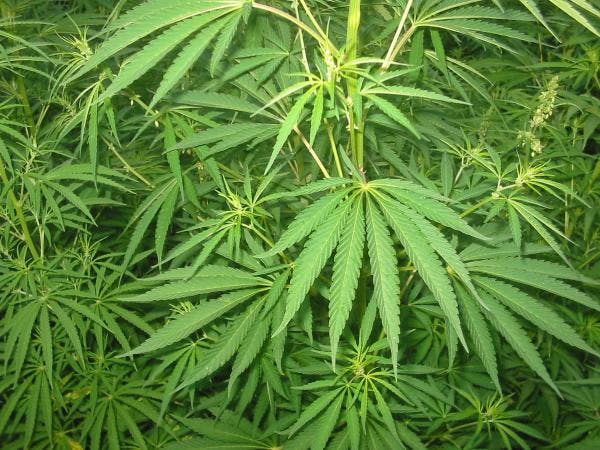L'ascension et le déclin de la prohibition du cannabis - Chronologie
Cette chronologie est basée sur le rapport: L’ascension et le déclin de la prohibition du cannabis, par TNI et l’Observatoire Global sur les Politiques des Drogues. Pour en savoir plus, en anglais, veuillez lire les informations ci-dessous.
Abonnez-vous à l'Alerte mensuelle de l'IDPC pour recevoir des informations relatives à la politique des drogues.
This time line draws on The Rise and Decline of Cannabis Prohibition that described the history of international control, how cannabis was included in the current UN drug control system and the subsequent defections by countries and states that have brought the international treaties to breaking point. As the UN gathers for a special session on drug policy in 2016, TNI is calling for a revision of the treaties to be based on scientific evidence and embodying principles of harm reduction and human rights.
Here some interesting facts that you can find on the time line
- Cannabis was first described in a medical context by the Chinese emperor Shen-Nung in 2700 BC to treat "beri-beri, constipation, female weakness, gout, malaria, rheumatism and absent mindedness."
- In 1378 AD Emir Soudom Sheikhouni of Joneima ordered all cannabis plants in his territory destroyed in an attempt to end the use of cannabis among poorer classes. Anyone caught eating cannabis would have their teeth pulled out. 15 years after this decree use of cannabis had only increased.
- The Indian Hemp Drugs Comission report concluded in 1894 that cannabis "produces no injurious effects on the mind"; did not lead "to crime and violence"; and that "moderate use produces practically no ill effects." The report and its conclusions that "total prohibition of the cultivation of the hemp plant [...] is neither necessary nor expedient" were largely ignored by the international community.
- In 1911 cannabis was raised as an issue at the International Opium Conference in The Hague. Many delegates were bewildered by its introduction in the discussions. However, the US supported the Italian delegation and a resolution was added to the Convention:"the Conference considers it desirable to study the question of Indian hemp from the statistical and scientific point of view, with the object of regulating its abuses, should the necessity thereof be felt, by international legislation or by an international agreement."
- In 1976, Koos Zwart, the son of the Dutch minister of Public Health, broadcasted the prices per gram of the different cannabis varieties in prime radio time of the National Dutch VARA Radio in his weekly 'beursberichten'(stock news).
- In December 2013 Uruguay becomes the first country in the world to legally regulate the cannabis market from seed to sale and is immediately denounced by the International Narcotics Board. Uruguay calls for an open and honest debate about international drug control policy.
Read these and many more interesting facts on the full time line »
This interactive timeline is based on TNI and the Global Drug Policy Observatory report, The Rise and Decline of Cannabis Prohibition.
Keep up-to-date with drug policy developments by subscribing to the IDPC Monthly Alert.
Thumbnail: Wikipedia
